It is now clear that the coronavirus crisis will last well into the summer and very likely well beyond. It is also clear that we are all experiencing one of the major events of the 21st century, no matter what else happens in its remaining eighty years. We all wish it wasn’t happening. It is.
I think this crisis is going to give a massive jolt to the therapeutic process, both for practitioners and clients. And that is not all bad. Some of the bad rocks may create good ripples.
Here are three possible ripples to keep our eyes on in the coming months.
1. Reliability vs Flexibility
Most therapists and many clients place a premium on keeping as constant and predictable a therapeutic routine as possible. Same time, same place, same day, every week.
Coronavirus has shaken this. Sessions cannot happen in consulting rooms. Therapists or clients may be unable to ensure a confidential space at the usual time. Childcare and living arrangements conspire against a therapeutically-ideal environment. Such changes are troublesome and can disturb the solidity of the therapeutic alliance, at least initially.
But it’s not all bad news.
These troubles also have the advantage of putting a spotlight on issues that might otherwise hide in darkness: how does the client feel about their session now being on a Monday at 10 when for years it’s been on a Wednesday at 6? What’s it like being in a different space, much less physically connected with the person who knows so much about them? And this leads to an opportunity: how can both people begin to re-format their intimate relationship in a fresh way?
We’d all prefer this wasn’t happening. That doesn’t mean it won’t be useful.
2. Intimacy vs Distance
For all of us, the Zoom Therapy era induces one or both of two feelings: a greater distance or a greater intimacy.
It’s more distant because the other person now only exists in two dimensions; there can sometimes be glitches in the internet connection; the physical and emotional connection is lengthened. But it’s also more intimate because the client is now inviting the therapist into their personal space (their living room, maybe their kitchen, often their bedroom) which is not a neutral space any more than the therapist’s office or living room is. Each of us, even if only subtly, is seeing the other in the context of their wider life. And that can be disturbing for people.
But it’s not all bad news.
This added distance or intimacy can also be useful, as we each gain a different third dimension: the dimension of being a human being who exists in a context outside of one room for one hour a week. And that can stimulate some interesting colouring-in of the outline impression one forms of The Other in a neutral space. And that’s an opportunity: your therapist can become more real, more of a fellow struggler in this extraordinary time. What does that bring up for you?
We’d all prefer not to be discovering this in this way. That doesn’t mean it’s not valuable.
3. Challenges vs Priorities
Coronavirus is making us focus on what our priorities are: keeping ourselves or our relatives safe, or educating our children, or finding alternative ways of earning money, or keeping ourselves from feeling isolated, or having someone to talk to. Any or all of those are horribly difficult at the moment.
But it’s not all bad news.
Therapy is often a process of working out what matters to us and how we can make those things fit more successfully into our lives. For many people, knowing exactly what they want to change is incredibly hard. Coronavirus is like a heat-seeking missile identifying, instantly and frighteningly, what matters to us and what we find difficult or what we want to achieve. This is horrible but useful.
We’d all prefer this wasn’t happening. But that doesn’t mean it won’t be helpful.
Coronavirus feels like a huge black cloud over our lives, relationships, pleasures, challenges and hopes. And it certainly is. But it may also be a once-a-century opportunity to work out what matters to you, what you’re afraid of losing, what you can do to help yourself, and, perhaps, where therapy fits into that matrix. And that can last long after the virus has been defeated.
Yes it’s horrible. But yes it’s helpful.
